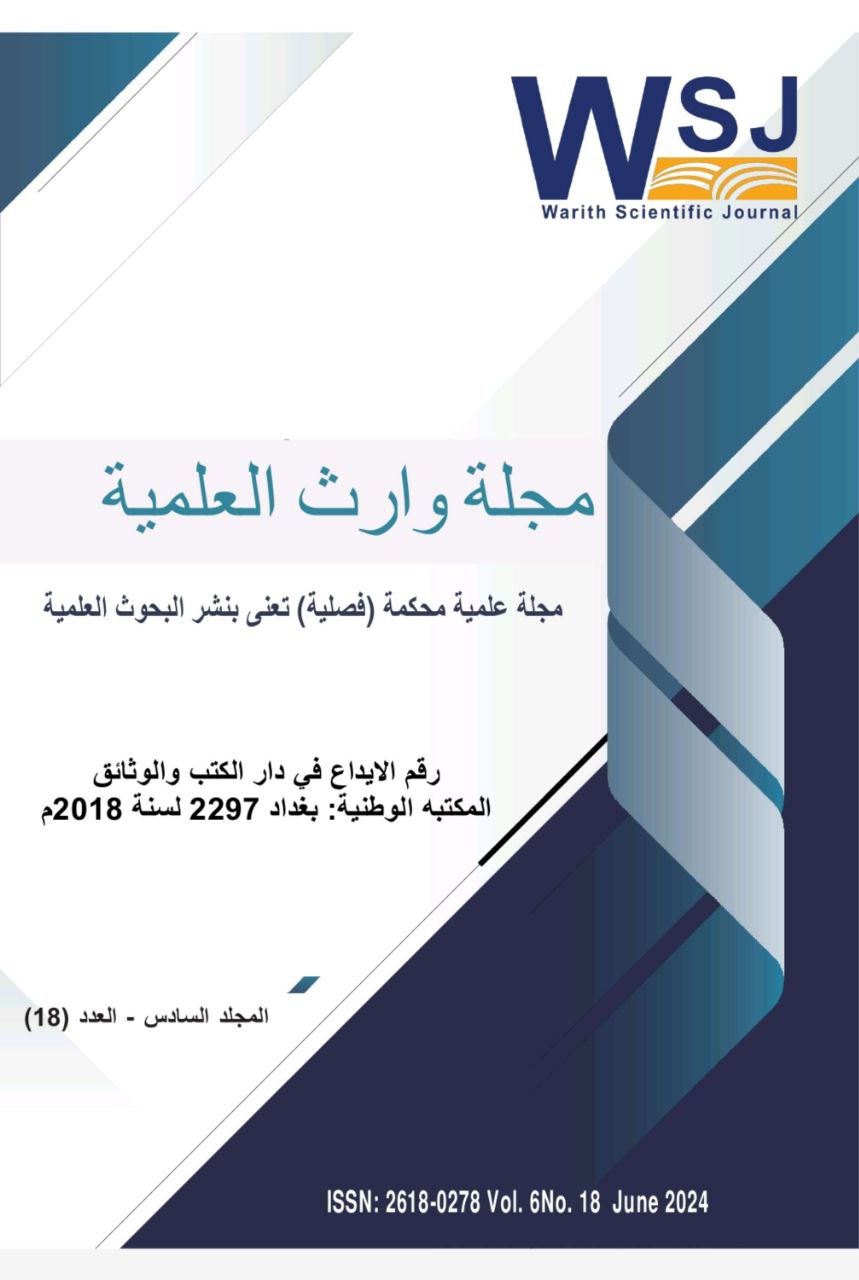The role of fiscal rules in achieving fiscal discipline in Iraq for the period(2004-2021)
##plugins.themes.academic_pro.article.main##
Abstract
The research aims to highlight the role of fiscal rules in achieving fiscal discipline and improving the effectiveness of fiscal policy in achieving economic stability in Iraq for the period(2004-2021), of the most important conclusions reached by the researcher is the rentier nature of the Iraqi economy leads to expansion of public expenditures, this expansion makes it impossible to reduce public expenditures in the years of financial hardship, which causes a deficit in the general budget on the one hand, and weak fiscal discipline on the other hand, and resorting to public debt is inevitable. And through the rules of fiscal discipline, it helps to give an important advantage to modify distorted incentives and curb waste in unplanned spending, especially in periods of prosperity and high oil prices in global markets, therefore the rules of fiscal discipline will limit the fiscal deficit in the state's general budget. For this, it requires the need to be guided by the fiscal discipline due to its necessity and the possibility of the fiscal policy in carrying out its functions and the degree of its powers in consolidating stability. Macroeconomic measures require a solid and stable financial system to ensure the transfer of their impact to the real economy. And adopting a fiscal policy that works to create investments that stimulate the economy by reforming the priorities of investment spending in the real sector. In this research, the role of fiscal rules in achieving fiscal discipline is presented provided that this presentation is preceded by dealing with fiscal discipline in terms of concept, policies, and other relevant paragraphs.

